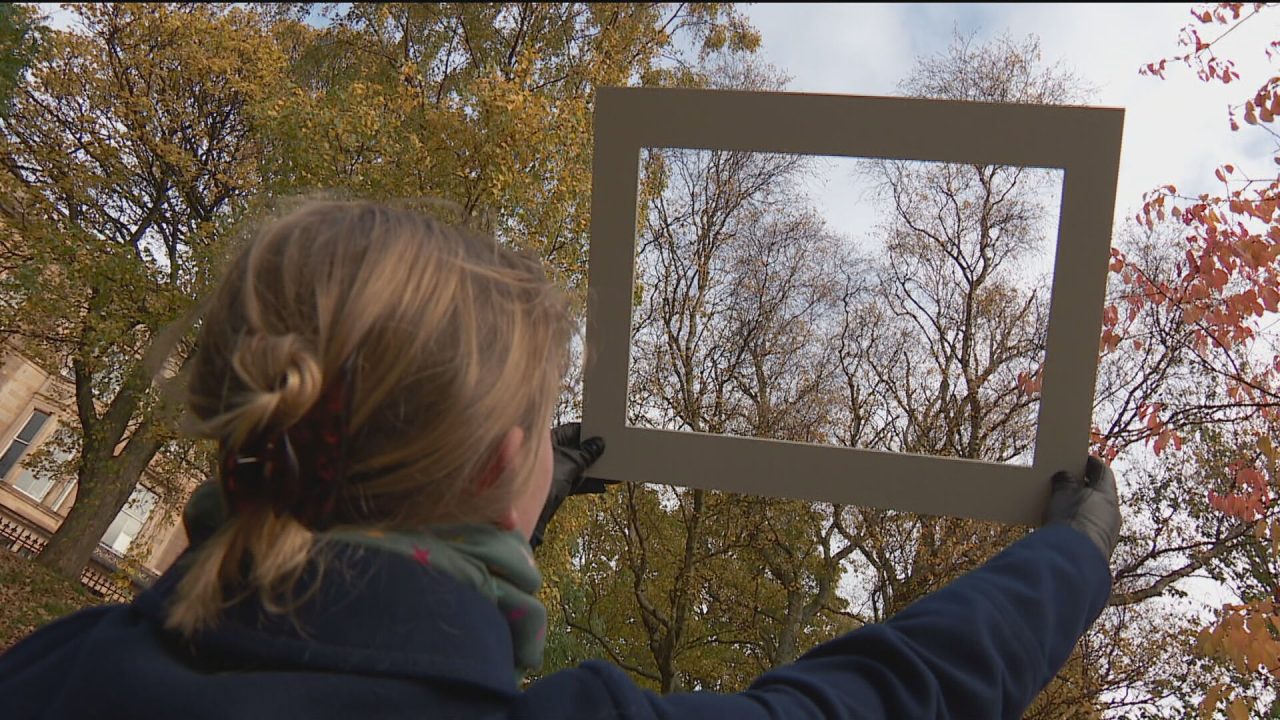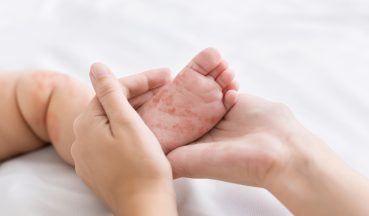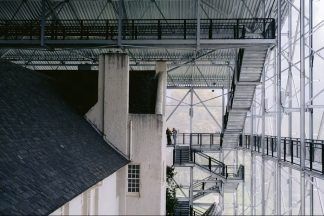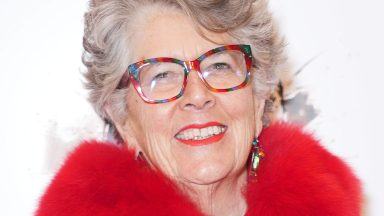The clocks went back at the weekend and the nights are drawing in – which for some people can herald the start of Seasonal Affective Disorder, sometimes known as winter depression.
Around 3% of the population experiences SAD, meaning more than a million adults in the UK live with the emotional challenges, lowered moods and anxiety that can occur during the winter months.
Catherine Inglis, 34, from Montrose, has been living with SAD for the best part of ten years now.
She said: “I cannot get myself out into the world. I just spend huge amounts of time in front of the telly, stuck feeling increasingly depressed as the winter goes on.
“It’s hard when even going to the supermarket is such a challenge. Perhaps there are days where you got some extra light, and it gives a little boost, but that contrasts with really deep depression and the darkness in your mind.”
However, a new set of techniques and coping mechanisms developed last winter have helped her see things in a new light.
She took part in a series of free workshops, dubbed ‘Wintering Well’, which brought together the researchers, an artist, and experts in cognitive behavioural therapy with Glasgow-based volunteers who have experienced SAD.
The group met regularly during the winter months to discuss their experiences of SAD and to design and take part in creative and outdoor activities during the daylight hours.
Catherine said: “The workshops were perfectly timed to overcome my ‘doom time’ of a Saturday afternoon, when typically my SAD feelings and sofa wallowing would start.
“It gave me something to look forward to, and a reason to get over the threshold, out into the world and off the sofa.

“The techniques that worked best for me to overcome SAD were the workshops, talking to people with SAD, the practice of ‘noticing’, taking photographs, engaging in the outdoors in a childlike and experimental way such as shelter-building.
“It all very much revolved around getting outdoors, being with people, and bringing more light into your eye.”
She added: “I think overall the last winter has just gone better than the ones preceding it, trying to actively overcome the SAD part of it rather than all the previous winters that had gone before, where I was doing my wallowing.
“I definitely feel more optimistic, I feel I have people around me now… I’ve had open conversations with family and friends. It’s not that it goes away but there are things you can keep doing… and at least I don’t feel alone now.”
An online course is now available to help people recognise and tackle their symptoms – alongside guidance on how to find community support.
The project began last year with a national survey which asked people about their experiences of SAD and aimed to assess the severity of its effects on their lives.
Many respondents reported that their lives during winter months were less social and less mobile, a feeling that was particularly pronounced in older people.
Survey respondents also described persistent lack of motivation, energy, enthusiasm and confidence, and corresponding decline in positive relationships with friends, families and co-workers.
Professor Hester Parr, of the University of Glasgow’s School of Geographical & Earth Sciences, is the Living with SAD project’s principal investigator.
She said: “The Wintering Well workshops showed that people who live with SAD can deal better with their symptoms by being part of a community where they can meet regularly outdoors.
“The feedback from participants clearly demonstrates that they felt better after taking part, and that they developed valuable new methods and practices to help them manage their mood during winter.
“What we want to do with these resources is give people around the country new tools which will help them deal with the challenges of SAD, and when setting up their own local Wintering Well groups to connect and offer support.”
Professor Hayden Lorimer, Chair of Human Geography at the University of Edinburgh’s School of GeoSciences, is co-investigator on the project.
He said: “Reduced access to natural light during the winter months can have serious impacts on people’s mental health, particularly in Scotland where days can be shorter than elsewhere in the UK.
“Part of the Living with SAD project is focused on exploring the impacts of limited natural light. It could be a problem that we will face more in the future as our planet warms and the boundaries of the seasons become less clear.
“We’re already seeing side-effects of climate change which affect access to light. Smoke from wildfires and pollution haze have the effect of filtering or blocking out sunlight.”
GP Gavin Francis said: “As a GP I see every year the way Scotland’s winter can drag people down, making them feel tired, depressed, and lacking in motivation.
“I’m delighted that this project is broadening awareness about the importance of light to health, and the way that it is helping people who suffer from Seasonal Affective Disorder to find fellowship, encouragement and sustenance through the darker months of the year.”
Follow STV News on WhatsApp
Scan the QR code on your mobile device for all the latest news from around the country




























